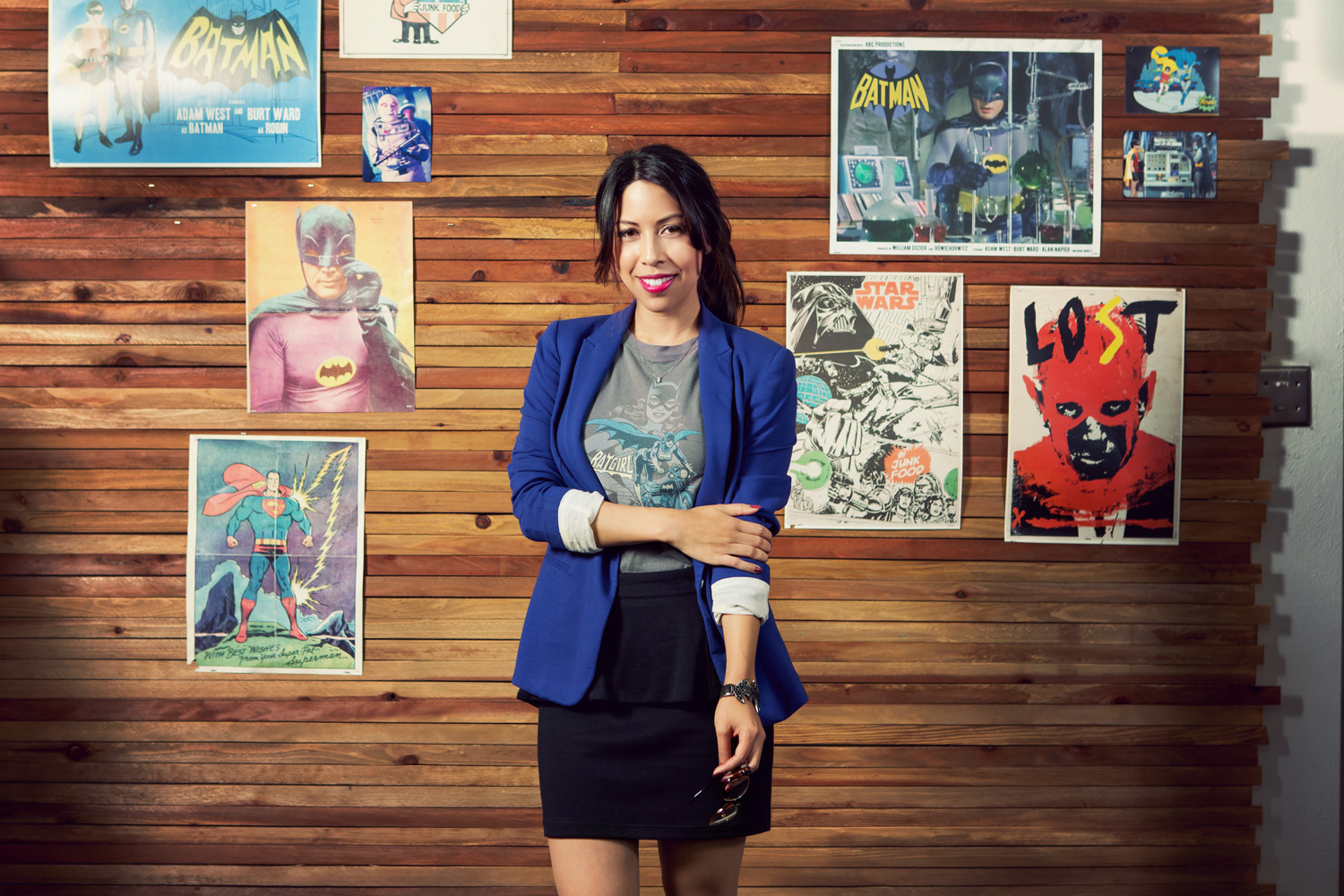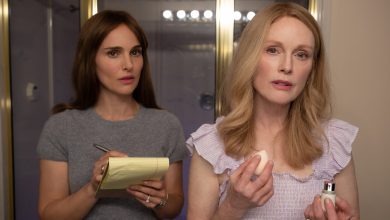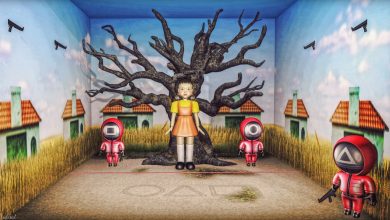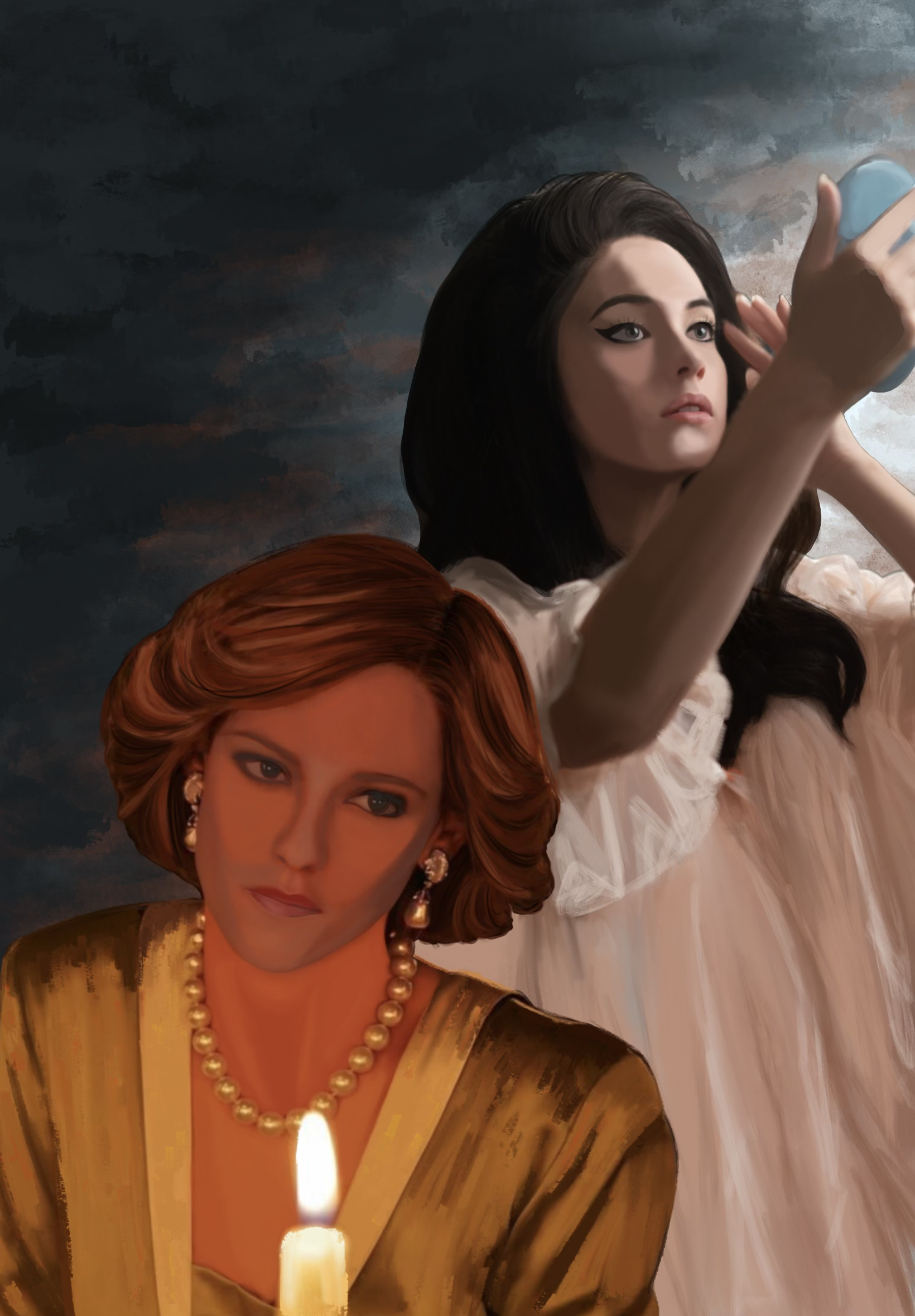Meet Batgirl’s Psychologist
If you walk into Dr. Andrea Letamendi’s office, you will be greeted with comic book and science fiction memorabilia. What you may not know is that she is also a character in that universe. Writer Gail Simone has canonized Letamendi in comic book literature, featuring her in issues 16 and 20 of Batgirl.
Therapy plays a large part in Simone’s Batgirl, which is a story about recovery and resilience. Simone questioned Dr. Letamendi on how to best capture the relationship between Batgirl and a mental health professional, and what support the professional would provide.
Dr. Letamendi received a call the day Simone’s Batgirl was published, welcoming her into DC Comics. In the comic book, Simone had written this character that was styled after Letamendi with her name and likeness. Her character was caring for Barbara Gordon, also known as Batgirl, in her recovery. Letamendi found it important that a relationship between Batgirl and a mental professional was accurately portrayed throughout the comic book series.
Although the aspect of heroism appeals to most people, it is not the most compelling part of comic book narratives according to Letamendi. “What’s really fascinating with these superhero narratives is that we learn about certain deficits and flaws that could be related to mental health,” Letamendi said.
For example, Simone’s Batgirl struggles with realistic and common problems like being misunderstood, underestimated, and sometimes seen as weak. One incarnation of Batgirl is Oracle, who is paralyzed from the waist down, but is still able to function as part of a superhero team by utilizing her tech-savvy skills and superpower memory. She experiences marginalization because of her disability, she addresses her deficits, and overcomes adversity. Letamendi highlighted that Batgirl did not rely only on her gender to be the narrative. Instead, her deficits challenged her into becoming a stronger person.
Even though she is now a part of the Batgirl series, Letamendi started her passion for comics through watching the animated Batman series every day. This childhood love for the TV show inspired her to start the Arkham Sessions podcast last year. She became an instant hit, leading to multiple panel appearances at San Diego’s Comic Con during the past year.
However, she did not share this lighter side right away. She remained quiet about her passion for comics in the beginning of her professional career. She kept her passion for comics and psychology profession separate from each other, much like a superhero who feels like she must conceal her true identity. As time passed, the intersection between comics and psychology grew too strong for her to ignore. When Letamendi began to embrace that relationship, she was relieved to find that her colleagues were also fans of comics and found her work fascinating.
Not only does she champion mental health, but she also believes in increasing diversity in comics. Letamendi shares that there are about thirty superhero films releasing in the next six years — most of the leads are males.
“When female superheroes are present, they are usually portrayed in the way that Black Widow was in the Avengers film,” Letamendi said. “It’s usually a female character who’s a side character and may be part of a team, someone who’s crucial to the mission but isn’t the lead of a film.”
In recent years, we have had films with female superhero leads such as Jennifer Garner’s Elektra and Halle Berry’s Catwoman, but they are critically panned or miss the mark when it comes to box office success. Letamendi points out that people tend to blame gender instead of looking toward deeper issues, such as whether the film received enough initial funding, whether the script was well-written, and whether the comic narrative was portrayed accurately despite changes in the story. If these issues are not considered along with gender, then it leads to the assumption that films centered on female superheroes like Wonder Woman and Black Widow will not be successful.
Although she acknowledges that sexism is also present in other fields such as the gaming industry and academic community, Letamendi recounts her own experiences with microaggressions as a female comic book fan in a Mary Sue piece. “The more that we experience negative events and adversity, the more we are going to anticipate it, and sometimes we experience the world as more threatening than it actually is because of those experiences,” Letamendi said.
At this year’s San Diego Comic Con, Letamendi was part of a panel called “Multicultural Heroes” that opened up a safe conversation to express why underrepresentation is a problem in comics, and discussed steps that could be taken to bridge those gaps and validate marginalized groups. It was about sharing the voice and perspectives of women, ethnic minorities, and those in the LGBTQIA community. “One of the biggest problems is that there is an underrepresentation of groups of people who are actually a substantial part of readership but do not see themselves in comics,” Letamendi said. In fact, she considers herself to be part of an invisible community as a Latino American woman and mental health professional in comics. However, she has found a way to be visible through her podcast and appearances in the Batgirl series. She hopes that this panel will continue to champion those who are not well represented in the industry.
It was not an easy battle having a voice in the comic book community. She had to believe in her work and create her own opportunities to become more visible. She turned to online communities to share her intersecting passions for psychology and comics. She started a blog, and began tweeting. Social media connected her with others who were comic book fans like her. “It gave me a reason to go to Comic Con and interact with those people, IRL,” Letamendi said.
As an increasingly influential member of the comic book community, Letamendi thinks that it is worth the risk for people to share their secret hobbies because it might become a validating and fulfilling experience to share their passion and bridge two worlds, just like she did between her mental health profession and comics.
According to Letamendi, disclosure is a way of being seen. For example, people have shared with her that cosplaying allowed them to express themselves. For those who identify with the characters they cosplay as, it is finally the skin they feel most comfortable in.
“People may feel isolated and different from others if they hide a part of themselves,” Letamendi said. “I think the act of sharing that secret, and sharing an important aspect of who you are—in many ways that process can be very empowering.”





